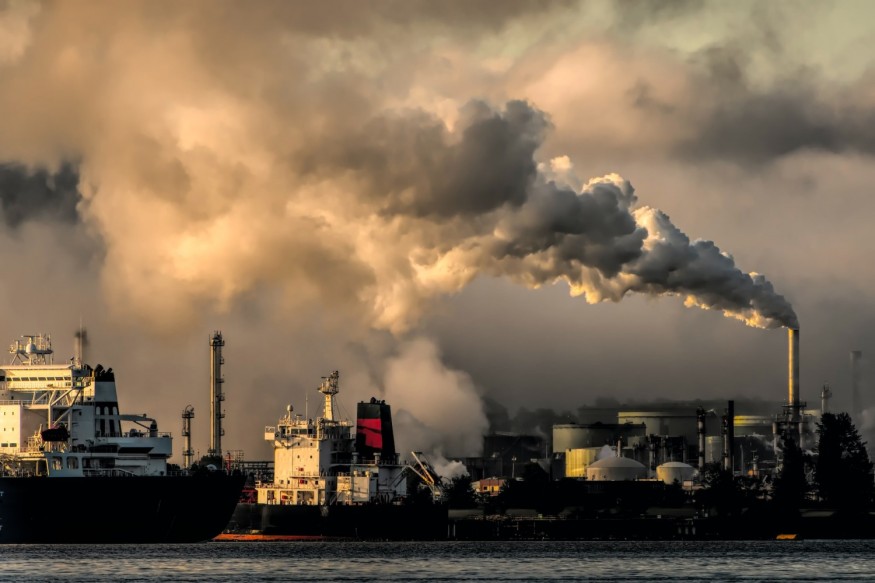The world is still "on the verge of a climate catastrophe," notwithstanding the Cop27 agreement. Hailing decision to establish a loss and damage fund, but experts warn top economies must vow greater reductions in carbon emissions.

Multinational Agreements
After the agreement struck at the Cop27 UN climate conference on Sunday, the globe still stands "on the edge of global disaster," and the richest economies must make new promises to reduce greenhouse gas emissions, according to climate scientists and activists.
The accord concluded in Sharm el-Sheikh early Sunday morning, following a protracted final negotiation session 40 hours past its scheduled end. It was praised for bringing loss and damage compensation to poor nations for the first time. A major demand of poor countries over the past 30 years of climate talks has been for wealthy governments to establish a fund to rescue and reconstruct vulnerable areas hit by climate calamity.
Still Facing Calamity
But when oil-producing nations and big polluters softened and eliminated major promises on greenhouse emissions and the phase-out of fossil fuels, the conclusion was primarily regarded as a failure in efforts to reduce carbon dioxide.
According to Mary Robinson, former president of Ireland and head of the Elders Group of former international leaders, the world is still on the verge of a climatic disaster. The rate of [reducing emissions] progress needs to be more active. We are on the verge of a sustainable energy future, but only if G20 leaders uphold their commitments, honor their word, and fortify their resolve. They have responsibility.
The UN's secretary general, António Guterres, issued a dire warning: "Our planet is still in the emergency room. We urgently need to cut emissions, a problem that this Cop did not mention. The world still has to make a massive jump in climate ambition.
One of the architects of the 2015 Paris climate accord and current chief executive of the European Climate Foundation, Laurence Tubiana, claimed that oil-producing nations had hindered efforts to enhance the pact. She said that the fossil fuel industry had a widespread impact. The conditions for countries making additional, more aggressive promises [to reduce emissions] have been lowered by this Cop. There is minimal discussion of the 1.5C objective and no mention of the phase-out of fossil fuels in the text of the agreement.
She accused the host nation, Egypt, of allowing its regional ties to influence the result-a charge that the hosts vehemently refuted. Next year's conference of the parties under the UN Framework Convention on Climate Change (Cop) will take place in Dubai, sponsored by the United Arab Emirates, one of the world's major oil producers.
"The Egyptian presidency developed a language that benefits the fossil fuel companies and oil and gas petro-states," Tubiana cautioned. Next year, the UAE needs to maintain this pattern.
Nuanced Issue
A fund for loss and damage, which would pay out to rescue and restore the economic and social infrastructure of nations devastated by extreme weather disasters, was approved during the discussions by almost 200 nations. The fund is expected to be established within the next year.
How much money should be put in, by whom, and on what basis is still debatable. When the UNFCCC was signed in 1992, countries classified as developing were exempt from any commitments to reduce emissions or offer aid to others. The EU's main goal during the negotiations was to guarantee that these nations were considered potential contributors. These might include China, Saudi Arabia, other Gulf states, and Russia.
Such nations are permitted to make voluntary contributions under the final agreement.
For similar news, don't forget to follow Nature World News!
© 2026 NatureWorldNews.com All rights reserved. Do not reproduce without permission.





